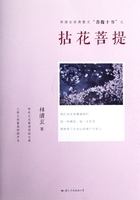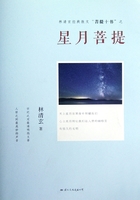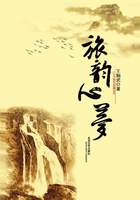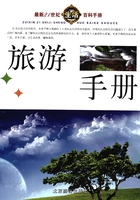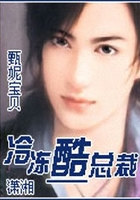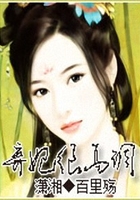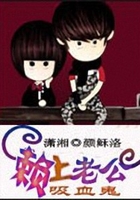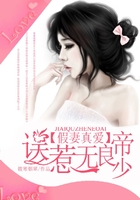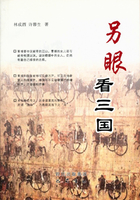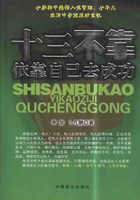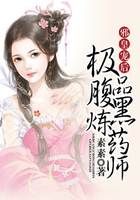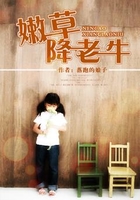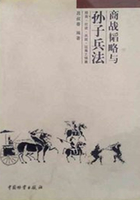d. The li is an article with which to express congratulations or compliments.
Notes:1)prescribe规定;2)virtually实际上;3)propriety礼仪;4)etiquette礼节;5)inter-dependent相互依存的;6)survival生存;7)ethical道德的;9)avarice贪婪;10)observation观察;11)ongoing正在进行的;12)pervasive普遍的;13)chariot战车;14)contrary to与……相反;15)reverence崇敬;16)genuinely真诚地
15.什么是“磕头”?
What is ketou?
Ketou (磕头) is the act of deep respect shown by kneeling and bowing so low as to touch the head to the ground. Ke means“bump”or“knock”and tou means“head.”Traditionally, the formal Chinese ketou included three kneelings and nine prostrations.
Traditional Chinese etiquette contained situations in which ketou was performed. According to imperial Chinese protocol, ketou was performed before the emperor. During the Spring Festival, younger family members would ketou to members of each generation above them. At a wedding ceremony, the bride and bridegroom had to ketou to everyone from the eldest down to their parents in order. During ancestor worship services and the Bright and Clear Festival, ketou was also often performed. People lit incense, and the eldest male led the ancestor worship. People then did ketou or bowed. Afterwards, they gave food and wine to the ancestors, and burnt paper money. In Buddhist or Daoist mona-steries, ketou is often performed before Buddhist or Daoist statues.
Notes:1)prostration倒下;平伏;2)incense香
16.什么是“请安”?
What are the features of Qing An Etiquette?
Qing An means“wishing somebody good health.” It is said that this etiquette started as a military salute in the Ming Dynasty. At that time, as a soldier or an officer of lower ranks met with an officer of higher ranks, he would show respect by bending one of his knees. This behavior was called“One-Knee-Bent Etiquette (屈一膝).”
In the Qing Dynasty this tradition continued. The Qing Eight Banner-men followed the etiquette in Eight Banner families and some Han-nationality families of Qing government officials. Within the family, the junior members to the elders, children to parents, wife to husband, servants to the family host or hostess usually performed this etiquette. By this time, this etiquette was called“qing an,”which meant“wishing somebody good health.”The following is the movement of the one-knee-bent etiquette.
Stand naturally upright. Step forward with the left leg and then bend the left knee with the left hand placed on the left knee. Meanwhile, kneel down with the right knee, with the right hand hanging downward. Eyes look straight ahead; shoulders are relaxed; don’t bend one’s back.
Notes:1)bend弯曲;2)behavior行为;3)banner-men旗人;4)kneel down下跪
17.中国人在习惯上怎样接受礼物?
How do the Chinese traditionally accept a gift?
The traditional Chinese practice in gift-exchange is quite different from that of Westerners. Chinese are taught as children that in order to show modesty and avoid any suggestion of personal greed, they should decline twice or three times when offered a gift. Usually when a gift is offered, there is then a seesaw battle in which the gift is offered and refused, offered and refused but finally accepted with appropriate expression of appreciation. The gift is supposed not to be opened on the spot; it is tucked away in a pocket or left on a table until the giver has departed. Only then is the parcel opened. One interpretation of this practice is that the receiver is preserving the face of the giver by avoiding any possibility of evaluating the gift in the presence of the giver and others. Such behavior is simply the Chinese manner.
Notes:1)suggestion暗示;2)seesaw前后动的,交互的;3)tuck把……塞进;4)evaluate估……的价
18.在公共场所中国人有什么交往的规矩?
What is the etiquette for public places?
Chinese get used to being pushed and buffeted when they use public transportation or go shopping in public stores. They accept this as normal behavior without expecting apologies. At the same time, the Chinese have been conditioned for centuries to ignore“outsiders,”meaning anyone not a member of their family, work unit, or circle of friends. They thus behave more or less as if others do not exist.
Notes:1)etiquette规矩,礼节;2)buffet连续冲击
19.你知道孔融让梨的故事吗?
What is the story of Kong Rong who let his elder brother take larger pears?
Kong Rong was a well-known man of letters in the late years of the Eastern Han Dynasty. According to historical records, he always abided by the courteous manners.
When he was quite young, Kong usually ate pears together with his elder brothers. Each time when they started eating pears, Kong would pick up the smallest pear and let his brothers take larger ones.
One day his father saw it and said to Kong,“Why do you pick up a small pear, and not a large one?”
Kong replied,“I am the youngest in the whole family, and I should eat a small pear, so I’d like my elder brothers to take large ones.”
Kong Rong’s courteous manner made his father very happy, and his story thus spread far and wide through the following dynasties.
Notes:1)a man of letters文学家;2)abide by遵守;3)courteous礼貌的
20.你知道程门立雪的故事吗?
What is the story of Yang Shi and You Zuo, who stand at Cheng Yi’s entrance gate in a snowy day?
In the Song Dynasty, Yang Shi (杨时) and You Zuo (游酢) studied under Cheng Hao (程颢), a well-learnt scholar of that time. After Cheng Hao passed way, Yang and You went to Luoyang and continued their studies with Cheng Yi (程颐), Cheng Hao’s brother.
One day Yang and You made a trip to visit Cheng Yi. When they arrived at Cheng Yi’s household, they found Cheng Yi sitting in a meditative pose with his eyes closed. So, the two visitors stood quietly by Cheng Yi’s side, waiting for the gentleman to finish his meditation.
It was winter, and it began snowing. Yang and You patiently waited until Cheng opened his eyes.“Oh,”said Cheng Yi when he saw them in his room.“You are still standing here!”By then, the snow outside Cheng’s house was one-third meters in depth.
Notes:1)pass way过世;2)meditative沉思的;3)meditation沉思,冥想

